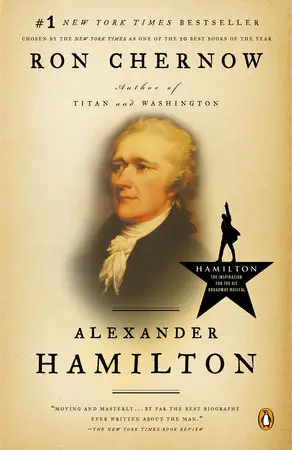 Susanna Finn
Susanna Finn, research scientist with the university’s
Lowell Center for Space Science and Technology (LoCSST), is boning up on her Hamilton history in advance of seeing the musical this fall when it comes to Boston. She’s working her way through
Ron Chernow’s biography,
“Alexander Hamilton,” which was the inspiration for the play. Finn predicts it will take a good chunk of her summer to get through it, but insists the effort is worth it. “It’s really interesting to learn about this person I know so little about, but who was so important in our country’s early history,” she says.
Prof. Nelson Eby of the Department of Environmental, Earth and Atmospheric Sciences, is also churning through a
Chernow biography: He’s reading
“Grant,” a 2017 No. 1 New York Times bestseller about the 18th president and Civil War general, Ulysses S. Grant. To balance all those facts, he’s got some fiction in the queue:
“A Legacy of Spies” by master of espionage
John le Carré; “Origin,” Dan Brown’s fifth installment in his Robert Langdon series; and
“Predator,” a thriller by Wilbur Smith and Tom Cain. New
women’s basketball coach Tom Garrick is reading
“The One Year Uncommon Life Daily Challenge” by former NFL coach Tony Dungy. “I like to read books that make me see things from a different perspective or that align with my core values,” Garrick says. “This book seems to serve as a daily reminder to simply be a good person and attempt to be your best every day.”
True to his basketball roots, Director of Athletics Dana Skinner will be shooting a “three” for his summer reading: He plans to tackle the Teddy Roosevelt trilogy by Edmund Morris. “I’m on ‘The Rise of Theodore Roosevelt’ now,” says Skinner, who is also a big fan of Patricia O’Toole and will read her latest book, “The Moralist,” about Woodrow Wilson.
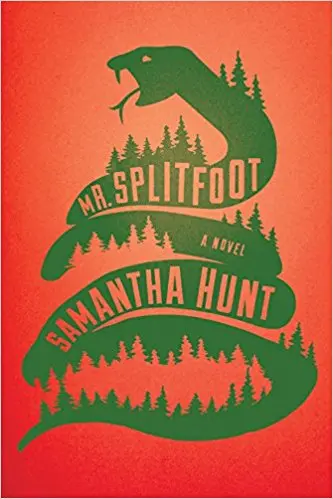 Kevin Dwyer, a 2014 Sound Recording Technology alum
Kevin Dwyer, a 2014 Sound Recording Technology alum, has a busy summer ahead
overseeing the Lowell Folk Festival as the newly installed executive director of the Lowell Festival Foundation. Still, he’s making time to read, with plans to crack into contemporary Gothic
“Mr. Splitfoot” by Samantha Hunt. “It was recommended to me forever ago by a writer friend who promised it's charming, creepy and fantastically written,” he says.
Physical Therapy Lecturer JoAnn Moriarty-Baron plans on reading
“Warlight” by her favorite writer,
Michael Ondaatje, literary lion and author of 1990s runaway bestseller “The English Patient.” Also on tap for her: New York Times bestseller
“Killers of the Flower Moon: The Osage Murders and the Birth of the FBI” by David Grann and
“The Last Lecture” by Randy Pausch. Clinical Associate Professor Laurie Soroken in the School of Nursing is reading two books set in World War ll:
“At The Water’s Edge” by Sara Gruen (author of “Water for Elephants”) and
“The Nightingale,” Kristin Hannah’s epic about the experiences of two sisters in German-occupied France.
Hannah is also one of the authors with whom
Eleanor Abrams, dean of the College of Education, will be spending time this summer. Abrams is planning to read
Hannah’s latest novel, “The Great Alone,” for pleasure. Also on her list:
“Place- and Community-based Education in Schools” by Gregory Smith and David Sobel, a work-related selection.
Honors Dean Jim Canning has challenged the entire
Honors College to read
“The Brothers Karamazov” by Fyodor Dostoevsky this summer. That follows a pair of spring semester challenges to read
“The Master and Margarita” by Mikhail Bulgakov and then
“Notes From Underground,” by Dostoevsky, and discuss them with
Beth Mitchneck, the new vice provost for faculty success and a scholar in Russian and Soviet studies.
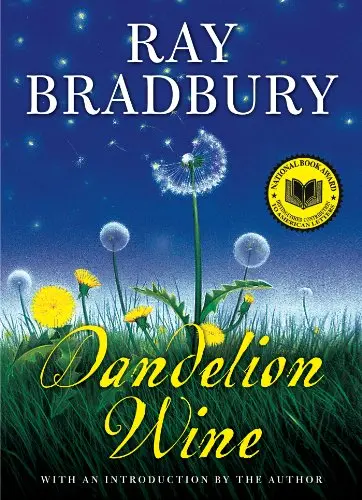 Mary Everett ’18
Mary Everett ’18, who will begin working on an MFA in creative writing at Warren Wilson College in the fall, is revisiting
“Dandelion Wine” by Ray Bradbury. “Bradbury is able to capture that feeling of what summer means not just for the main character, 12-year-old Douglas Spaulding, but also what summer means for his small, close-knit community,” she says of the novel that she’s read every year since she was 15. Also on her list is
“Man in the Holocene” by Max Frisch, which is her first read for graduate school. “It deals with the interior life of a man stuck in a cabin in southern Switzerland during intense rainfall, which is a fascinating point of view handled impressively and innovatively by the author,” she says.
Heather Makrez ’06, ’08, executive director of Alumni and Donor Relations, is booked solid with course assignments as she works on her doctorate. “Since I am in classes this summer, I am reading mostly academic things,” she says. She recommends
Peter Senge’s “The Fifth Discipline: The Art & Practice of the Learning Organization.” “It’s a good one on organizational behavior. It has some principles that help you realize how you can function more effectively in your organization,” she says. “It also explains how some people can view the same things in different ways, depending on their frame of reference.” Makrez is planning to squeeze in some summertime escapism: “I started watching the Netflix show ‘Safe,’ based on one of
Harlan Coben’s novels, so I am going to pick up one of his books next.”
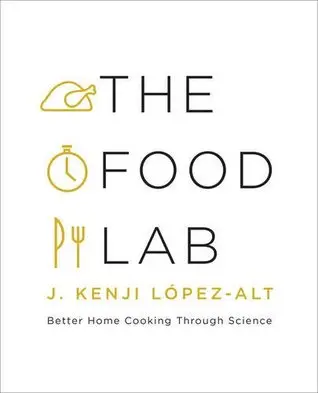 Assoc. Prof. Joel Therrien of the Department of Electrical and Computer Engineering
Assoc. Prof. Joel Therrien of the Department of Electrical and Computer Engineering has three titles on his summer list, and they’re all good old-fashioned books. (“I just can’t get as absorbed into a book if it doesn’t have the feel of paper,” he says.). The first is
“The Food Lab: Better Home Cooking through Science” by foodie guru J. Kenji Lopez-Alt. The two others are related to his Romany heritage:
“Learn Romani: Das-duma Rromanes” by Ronald Lee, which teaches one of the more common Romany dialects, and
“Bury Me Standing: The Gypsies and Their Journey” by Isabel Fonseca. “I only recently uncovered the fact that my grandmother’s parents were apparently Romany, but never told anyone,” he says.
Director of Libraries George Hart has some serious subjects in mind this summer. “Doughnut Economics: Seven Ways to Think Like a 21st-Century Economist” by Kate Raworth reframes the discipline of economics around ideas of justice, sustainability and well-being. He is also reading “Dying for a Paycheck: How Modern Management Harms Employee Health and Company Performance — and What We Can Do About It” by Jeffrey Pfeffer.
Assoc. Prof. Jeffrey Moore of the Department of Biological Sciences is taking his summer reading to the extreme. His list includes
“Extreme Medicine: How Exploration Transformed Medicine in the Twentieth Century” by Kevin Fong and
“Life at the Extremes” by Frances Ashcroft. The books examine what happens to the human body in harsh or inhabitable environments such as climbing Mount Everest, deep-sea exploration or extreme heat. “I find that these scenarios, which test the limits of our physiology, make great examples to illustrate physiological concepts to students. I plan to develop an advanced physiology course based on these readings,” he says. The third book on his list is
“Not a Scientist: How Politicians Mistake, Misrepresent, and Utterly Mangle Science” by Dave Levitan. 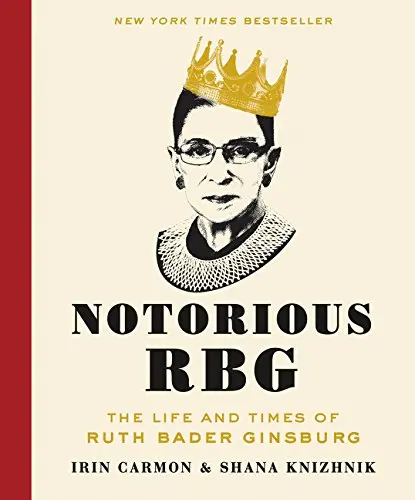 Prof. Kavitha Chandra of the Department of Electrical and Computer Engineering
Prof. Kavitha Chandra of the Department of Electrical and Computer Engineering is planning to catch up on biographies she has collected over the years, including
“Notorious RBG: The Life and Times of Ruth Bader Ginsburg” by Irin Carmon and Shana Knizhnik and
“My Beloved World” by Sonia Sotomayor. She’s also planning to read
“The Gene: An Intimate History” and “The Emperor of All Maladies: A Biography of Cancer,” both by Pulitzer Prize winner Siddhartha Mukherjee. Chandra, like many other UML book lovers, prefers a physical book: “It’s my one chance to get away from the digital screens I’m in front of most of the time.”
Prof. James Propp of the Department of Mathematical Sciences says he’s likely to dip into
Michael Pollan’s recently published
“How to Change Your Mind: What The New Science of Psychedelics Teaches Us About Consciousness, Dying, Addiction, Depression, and Transcendence.” The book examines the history of psychedelics as well as their possible therapeutic uses. Propp is also planning to continue to “read bits and pieces” of
“The View from the Cheap Seats,” a collection of essays by
Neil Gaiman. While out on the road promoting his latest bestseller
“The Soul of America: The Battle for Our Better Angels,”Pulitzer Prize-winning author and UML 2018 Commencement speaker Jon Meacham has been listening to
“Barchester Towers” by Anthony Trollope. “It’s an old favorite and I’d never listened to it,” says Meacham, who prefers to read paper books but finds listening to books on airplanes “solves a lot of problems.” With a vacation to Greece on tap this summer, he is also reading
“Sailing the Wine-dark Sea: Why the Greeks Matter” by Thomas Cahill. “The nice thing of being on a book tour is a lot of independent booksellers will give me titles I hadn’t heard of,” says Meacham, a contributing writer to The New York Times Book Review and former executive vice president at Random House.
Norma Levasseur, the administrative assistant in the Department of Chemistry, assembled a lengthy list of titles to get her through the dog days of summer, including
Carly Simon’s memoir
“Boys in the Trees”; “Hell’s Princess: The Mystery of Belle Gunness, Butcher of Men” by Harold Schechter, a true-crime story about one of the America’s most notorious female killers;
“The Secret Mother” by Shalini Boland, a psychological thriller;
“The Perfect Horse” by Elizabeth Letts, a true story that recounts the covert operation to rescue priceless horses stolen by the Nazis; and
“Dr. Feelgood: The Shocking Story of the Doctor Who May Have Changed History by Treating and Drugging JFK, Marilyn, Elvis, and Other Prominent Figures” by Richard Lertzman and William Birnes. 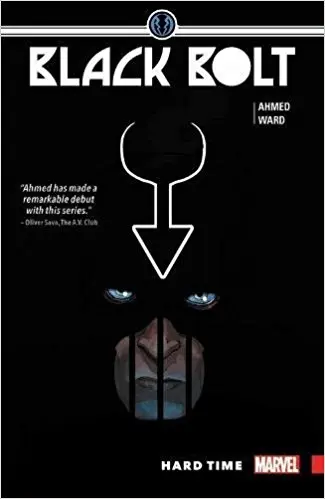 Ellen Wetmore, associate professor in the Art & Design Department
Ellen Wetmore, associate professor in the Art & Design Department, has an ambitious, deliberate and varied summer reading list. First up: two books by Portuguese author and Nobel Prize winner
José de Sousa Saramago, “Death with Interruptions” and “The History of the Siege of Lisbon.” Next is
Paulo Freire’s “Pedagogy of the Oppressed” (for better teaching) and
“M.C. Escher: The Graphic Work” (to learn about his techniques). To research two film scripts, she’s diving into
Percival Everett’s “Zulus” and “Dante’s Inferno.” And to feed her love of comic books, she’s got
“Black Bolt Vol. 1: Hard Time” by Saladin Ahmed. She’s also reading
“A Wind in the Door” by Madeleine L’Engle with her son.
Prof. Paul Song of the Department of Physics and Applied Physics is reading two books by
Karl Popper, one of the most influential philosophers of science of the 20th century:
“The Logic of Scientific Discovery” and “Conjectures and Refutations: The Growth of Scientific Knowledge.” “As a scientist, I am also interested in philosophy,” he says. “As you grow in experience, you see more mistakes in publications and want to make sure you’re not making mistakes yourself, especially when you are challenging conventional ideas that were built over decades of intelligent works.” Song is developing a new course on the philosophy of science for science students, and Popper’s books provide in-depth discussion on the subject.


 Susanna Finn
Susanna Finn Kevin Dwyer, a 2014
Kevin Dwyer, a 2014  Mary Everett ’18, who will begin working on an MFA in creative writing at Warren Wilson College in the fall, is revisiting “Dandelion Wine” by Ray Bradbury. “Bradbury is able to capture that feeling of what summer means not just for the main character, 12-year-old Douglas Spaulding, but also what summer means for his small, close-knit community,” she says of the novel that she’s read every year since she was 15. Also on her list is “Man in the Holocene” by Max Frisch, which is her first read for graduate school. “It deals with the interior life of a man stuck in a cabin in southern Switzerland during intense rainfall, which is a fascinating point of view handled impressively and innovatively by the author,” she says.
Mary Everett ’18, who will begin working on an MFA in creative writing at Warren Wilson College in the fall, is revisiting “Dandelion Wine” by Ray Bradbury. “Bradbury is able to capture that feeling of what summer means not just for the main character, 12-year-old Douglas Spaulding, but also what summer means for his small, close-knit community,” she says of the novel that she’s read every year since she was 15. Also on her list is “Man in the Holocene” by Max Frisch, which is her first read for graduate school. “It deals with the interior life of a man stuck in a cabin in southern Switzerland during intense rainfall, which is a fascinating point of view handled impressively and innovatively by the author,” she says. Assoc. Prof.
Assoc. Prof.  Prof.
Prof.  Ellen Wetmore
Ellen Wetmore